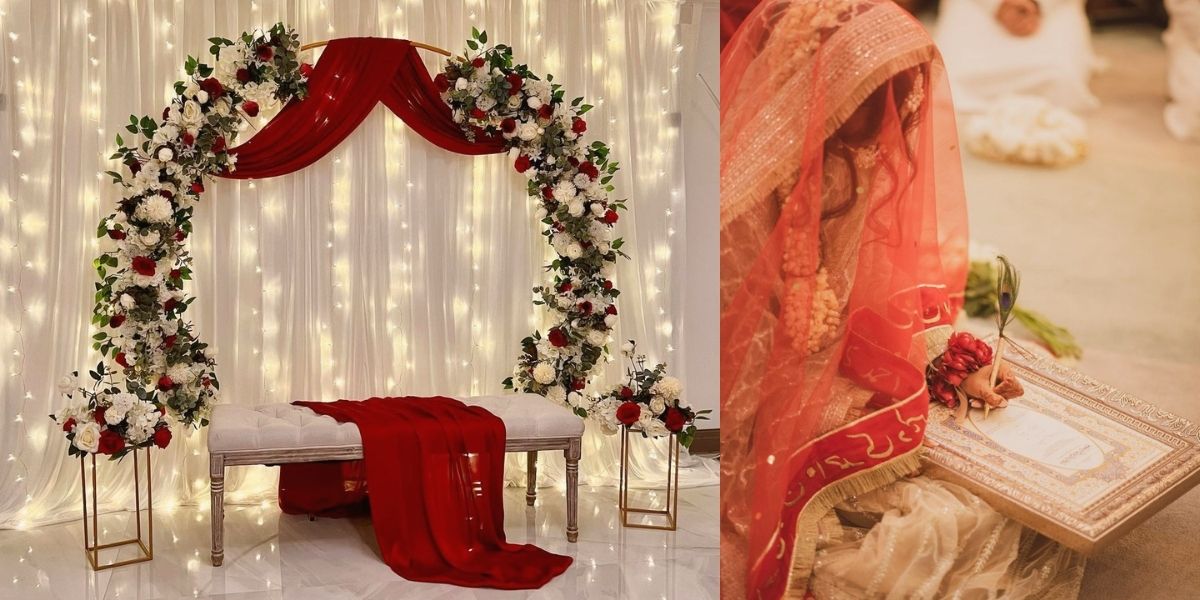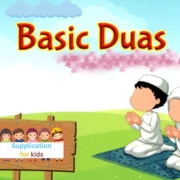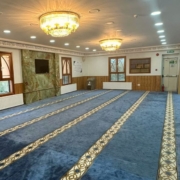Islamic Guide to Your Wedding Preparation Checklist
A wedding is one of the most significant milestones in a person’s life, symbolizing the beginning of a new chapter. For Muslims, the wedding celebration, known as Nikah, is not only a union of two individuals but also a sacred event that aligns with Islamic principles. Planning a halal wedding is essential to ensure the ceremony and celebrations are under the teachings of Islam. Here’s how you can navigate the world of wedding planning while adhering to these values.
Understanding Halal Wedding Planning
The term “halal” means permissible or lawful in Islam. Therefore, a halal wedding should reflect the values of modesty, respect, and spiritual mindfulness. Every aspect of the wedding, from the ceremony to the reception, must be planned in a way that avoids haram (forbidden) practices.

Key Elements of Halal Wedding Planning
The Nikah Ceremony
The core of a Muslim wedding is the Nikah, the marriage contract. This sacred event should be simple yet meaningful, involving the exchange of vows, the signing of the marriage contract, and the presence of two witnesses. It is typically performed by an imam or an Islamic scholar, although some couples may opt for a family member to lead the ceremony, provided they are well-versed in Islamic traditions.
Key tips for a halal Nikah ceremony:
- Ensure the couple’s consent is clear and mutual.
- Keep the ceremony focused on the spiritual significance, avoiding unnecessary extravagance.
- The marriage contract should include the Mahr (dowry), which is a required gift from the groom to the bride.
Modesty in Dress and Attire
Islam emphasizes modesty for both men and women. The bride should dress in a manner that is respectful of Islamic guidelines while still reflecting her style. This often means a wedding dress that is elegant yet covers the arms, chest, and legs. The groom should also dress modestly, avoiding any attire that may draw attention for the wrong reasons.
Fashion tips for a halal wedding:
- The bride can choose a gown with sleeves, a high neckline, and a long hemline.
- The groom should wear a traditional suit or Islamic attire such as a Shalwar Kameez or Thobe.
- The bridal party should also adhere to modest dressing principles.
Food and Beverages
The food served at a halal wedding must comply with Islamic dietary laws. This means only halal meat should be served, ensuring that all food is prepared according to the principles of halal slaughter. Alcohol and any form of intoxicants should be strictly avoided, as they are haram in Islam. Instead, you can offer non-alcoholic drinks and a wide variety of halal food options, catering to diverse tastes and preferences.
Food guidelines for a halal wedding:
- Choose halal-certified catering services.
- Offer a variety of traditional and contemporary halal dishes.
- Ensure desserts and beverages are alcohol-free.
Entertainment and Activities
In a halal wedding, the entertainment should align with Islamic principles. Music, dancing, and any activities that may encourage immodesty or un-Islamic behaviour should be avoided. However, there are still many ways to make the wedding celebration joyful, such as hiring a halal-friendly DJ or musician, featuring traditional Islamic songs, or organizing games and activities that are fun but within the boundaries of Islamic decorum.
Halal entertainment ideas:
- Consider live recitations of Quranic verses or Islamic poetry.
- Hire musicians who perform in a halal manner, without violating modesty rules.
- Plan fun and respectful activities, like quizzes or games that bring the guests together.
Separation of Genders
A key aspect of Islamic weddings is the separation of men and women during the celebration. This separation helps maintain modesty and avoids any potential discomfort or inappropriate behaviour. Some couples may choose to have separate spaces for male and female guests, especially during the reception or at the Nikah ceremony.
Gender separation tips:
- Designate separate seating areas for men and women.
- Have a clear and respectful separation between the bride and groom’s side of the wedding.
- Ensure that all social interactions respect the boundaries of Islamic modesty.
Invitations and Guest Lists
In planning a halal wedding, it’s important to be mindful of the guest list. Invitations should be extended to close family members and friends who are supportive of the Islamic values of the ceremony. The guest list must avoid inviting individuals who may not respect the Islamic principles that will be followed during the event.
Guest list considerations:
- Invite immediate family and close friends who are committed to the halal values of the wedding.
- Avoid inviting individuals who may cause discomfort or disrespect to the event.
- Ensure that invitations reflect the modesty and purpose of the celebration.
Final Thoughts
A halal wedding is a beautiful reflection of Islamic values and teachings. By adhering to principles of modesty, respect, and mindfulness, you can plan a wedding that honours both your faith and your style. The key is to focus on the sacredness of the event, ensuring that it is celebrated with love, and joy, and under Islamic principles. By following the tips and guidelines mentioned above, you can create a meaningful and memorable halal wedding celebration that is in line with the teachings of Islam.











